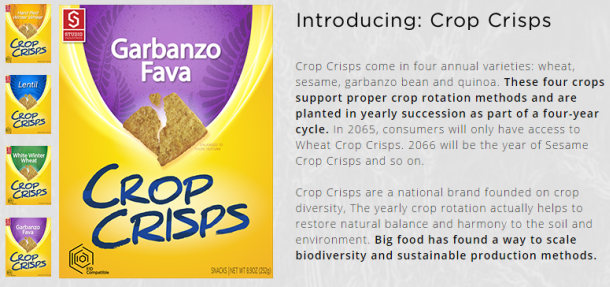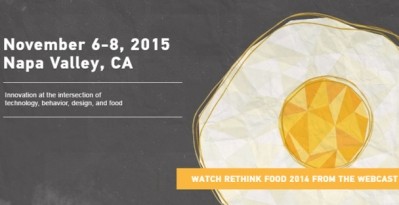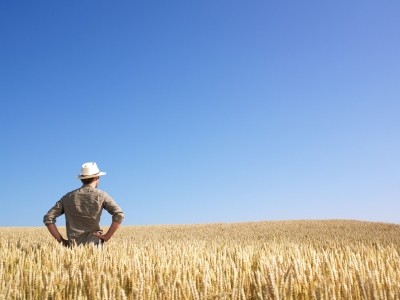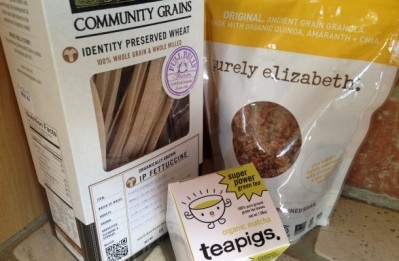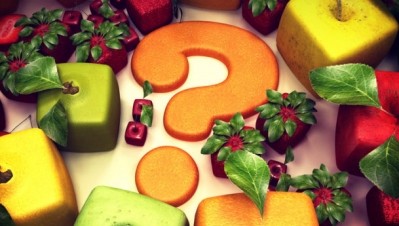The Future Market: What will food shopping be like in 2065?
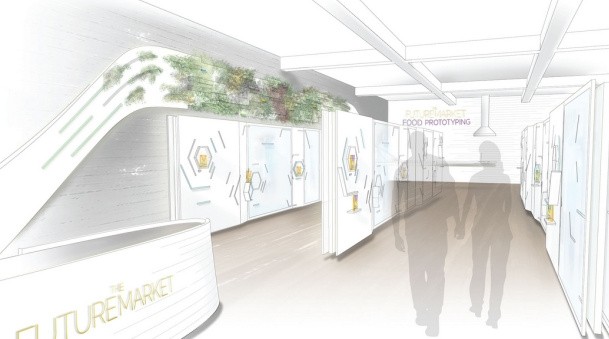
And if stores are still around, will checkouts (self-service or otherwise), cards and cash disappear as we exit the store by walking under overhead scanners that scan all of our RFID-tagged products and invite us to pay by pressing our thumb against a biometric scanner?
One company looking for answers is Brooklyn-based food design and innovation agency Studio Industries, which is inviting food brands to “imagine the food and retail grocery experience of 2065” via a new initiative called The Future Market.
We picked 2065 because it’s far enough away for people to get creative
Right now, it’s a virtual experience at thefuturemarket although next summer it will temporarily assume a physical presence in the form of a pop-up grocery store in New York City stocked with ‘conceptual foods’, said Lee, who led product development initiatives on the innovation & new ventures team at Chobani before setting up Studio Industries last November.
“We deliberately picked 2065 because it’s far enough away for people to drop their biases and just get creative,” said Lee, who is also innovation director at AccelFoods, a food accelerator that cultivates and invests in early stage food & beverage brands such as insect protein bar firm Exo.
“We’re inviting food companies to collaborate with us and think about the shopping experience but also about where and how we produce food and food ingredients, the supply chain, packaging, and urban agriculture.”
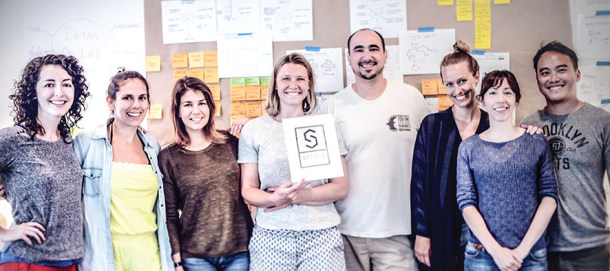
Berkeley, California is not Mumbai, India
But it’s not just designed to inspire hipster food start-ups in Brooklyn or Berkeley, who may have a somewhat different perspective on how we’re going to feed everyone in 50 years’ time than a farmer in Bangladesh, or a multinational food company, he told FoodNavigator-USA.
“I think we have to recognize that Berkeley, California is not Mumbai, India. We also need to break down the dogma surrounding some technologies and ingredients,” he added, whether the conversation is about GM crops or producing ingredients from algae or yeast in fermentation tanks closer to where people live - if it's not practical to grow the plants more locally.
“Technology and people need to be in sync, and right now, some of these things seem weird, but in 50 years’ time our view might be completely different. The same is true about insect protein, or soylent. But this conversation needs to involve ‘Big Food’, because for better or for worse, these are the companies that are feeding most of the world right now.”
Crop crisps
To start the ball rolling, The Future Store ‘launched’ its first product, Crop Crisps, at the Future Food Expo in Brooklyn, NY, last month.
The grain-based snacks, which “are deliberately packaged to look like a mass commercial product” [wheat thins], are built around responsible crop rotation - where the products from 'break crops' are just as important as those from crops that have historically delivered the best returns.
So 2066 will be the year of sesame crop crisps, 2067 the year of garbanzo bean crisps and so on. Grain is not stored, and food companies purchase, mill and use grains as soon as they are harvested.
Meanwhile, mocked up newspaper 'The Studio Sentinel' explores human-hologram relationships (what happens when you get too close to your virtual personalized shopping assistant), and Minority Report style marketing tailored to individual shopper needs.
To find out more or get involved in the project, visit thefuturemarket.
